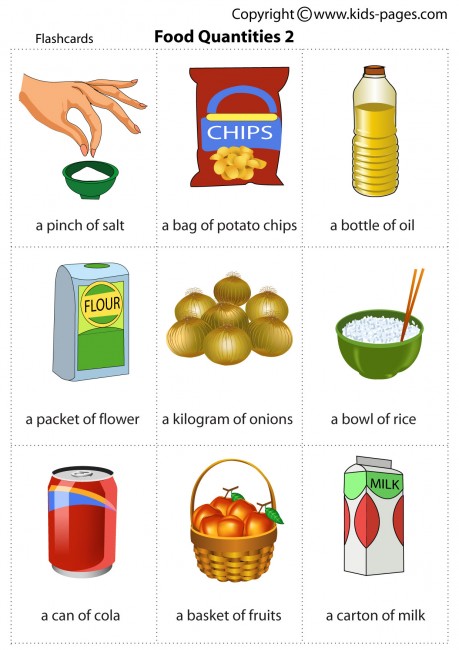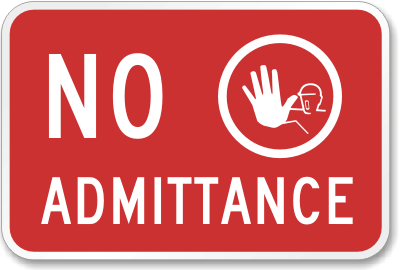english exercises
Furniture and Appliances

HOLIDAYS
December is the last month of the year. It is a winter month. It is cold and sometimes snowy. Days are very short, it gets dark at four pm. Christmas is at the end of December. It is a religious holiday; we celebrate the birth of Jesus Christ. It is a family holiday, too. In Hungary Christmas Eve is very important. It is on the 24th of December. We decorate the Christmas tree, give and get presents and have dinner with the family. Many people eat fish or stuffed cabbage. Some people go to church at midnight.In England many people go out with friends on Christmas Eve. The pubs are full of people.
On Christmas Day (25th) and Boxing Day (26th) people spend a lot of time with their friends and family. They cook and eat a lot. In England Santa Claus brings the presents on Christmas Day. People usually eat a big turkey dinner and watch the Queen's speech on TV.
On New Year's Eve (31st of December) people usually go to parties and celebrate with friends. In London many people go to Trafalgar Square. Some of them swim in the fountains! At midnight they pop a bottle of champagne and clink their glasses. In most cities people let off fireworks. On New Year's day people just relax and watch TV at home.
January is the first month of the year. It is quite cold and most people find it long and boring. After the holidays people find it hard to get back to work. But is is also the start of the Carneval Season (which actually begins on the 6th of January, which is a Christian feast day, Epiphany. February is the shortest month of the year. It has 28 days - or 29 if it's a leap year. It's probably not a good idea to be born on the 29th. You will have a birthday once in four years. Many people go to fancy dress parties. Some people go skiing or skating, but most people just look forward to spring. On the 14th of February is Valentine's Day. Saint Valentine is the patron saint of lovers. On this day the loving couples give other to each other. People in Hungary started to celebrate it some years ago. Shrove Tuesday is the last day before Lent begins on Ash Wednesday. On Shrove Tuesday there are Carnivals and celebrations in many countries - Mardi Gras in New Orleans, Pancake Day in England - or Busójárás in Hungary. Lent lasts until Easter.
March is the third month of the year and the first month of spring. It has 31 days. It is a special month for me because my birthday is on the 23rd of March. I usually celebrate it with my family. We go to a restaurant with my husband (who, by the way, celebrates his nameday on the 24th) and daughters.
A lot of people like March because winter ends and spring starts in this month. Days are longer, weather is warmer. Sometimes it is windy and rainy. I usually wear a trench coat, trousers and a light jumper. I always take an umbrella in case it rains.
There are some special days in March: Women's Day is on the 8th. Men usually buy a bunch of flowers to women: colleagues, friends and family.
St. Patrick's Day is on the 17th of March. St Patrick is the patron saint of Ireland. (He lived in the 4th and 5th centuries.) It is a cultural and religious holiday in Ireland. Because there are many Irish people in the USA, they celebrate it too. Nowadays, this day is about drinking beer in the pub and going to the St Patrick's Day parade. In Chicago they dye the Chicago River bright green.
FOOD; COUNTABLE AND UNCOUNTABLE NOUNS
Countable and Uncountable Nouns
HOW MUCH or HOW MANY?
…………………. oranges do we have?
…………………. milk do we have?
…………………. wine do we have?
………………… bread do we have?
………………… carrots do we have?
………………… cheese do we have?
………………… water do we have?
………………… eggs do we have?
………………… onions do we have?
………………… meat do we have?
………………… tea do we have?
………………… olive oil do we have?
………………… flour do we have?
………………… sugar do we have?
………………… salt do we have?
SOME or A, AN?
….. chair, ….. sugar, ….. stamp, …… book, ….. petrol, …… tree, ….. air,
….. money, ….. water, …..flour, ….. pound, ….. music, ….. job, ….. work, …..
apple, ….. fruit, ….. tomato, ….. tomato soup, ….. problem
A LITTLE? A FEW? A LOT OF?
I have ….. close friends. Two or three.
He has ………… money. He’s a millionaire.
‘Do you take sugar in coffee?’’ Just …………… . Half a spoonful.’
‘Do you have ……………. CDs?’’ Hundreds’.
I’ll be ready in ………….. minutes.
She speaks good Spanish, but only ………….. Russian.
SOME or ANY?
Do you have ….. brothers or sisters?
We don’t have …….. olive oil.
Here are ………… letters for you.
I need ……… money.
Do we have ………. petrol in the car?
Would you like …….. tea?
Do we have ……… vegetables in the fridge?
Would you like ……….. apples?
We have ………… tea, but we don’t have ………… coffee.
I went to the shop to buy …………. eggs.
I don’t have ………. carrots in the fridge, but I have ……….. onions. Let’s cook ………. French onion soup.
‘I would like to make an omelette? What do I need?’ ‘You’ll need ………. eggs, ……….. oil, …………… salt. It’s very simple.’
I don’t have ………….. coffee. I’ll go to the shop and buy ……………. .
‘How can I make bread?’ ‘Mix ………. water, …………. flour, ……… salt, ………….. sugar, ………….. butter and …………. yeast.’ ‘Do I need ……….. eggs?’ ‘ No, you don’t need …….. eggs.’
Yesterday I went to the shop and I bought ……….. bread and ………. Milk. I didn’t buy ……….. eggs.
Go to the fridge and open it. Do we have ……….. oranges?
I wanted to cook lasagna, but I didn’t have ………….. tomato sauce.
https://www.wikihow.com/Cook-Lasagne


FRUIT VOCABULARY
NO ADMITTANCE

ADMIT
|
admit-verb
|
|||
|
elismer
|
recognize, admit, acknowledge, concede, avow
|
||
|
bevall
|
admit, confess, let on, disbosom, own up
|
||
|
beismer
|
admit, confess, own up
|
||
|
felvesz
|
enroll, take up, admit, take on, shove on, pull on
|
||
|
beenged
|
let in, admit
|
||